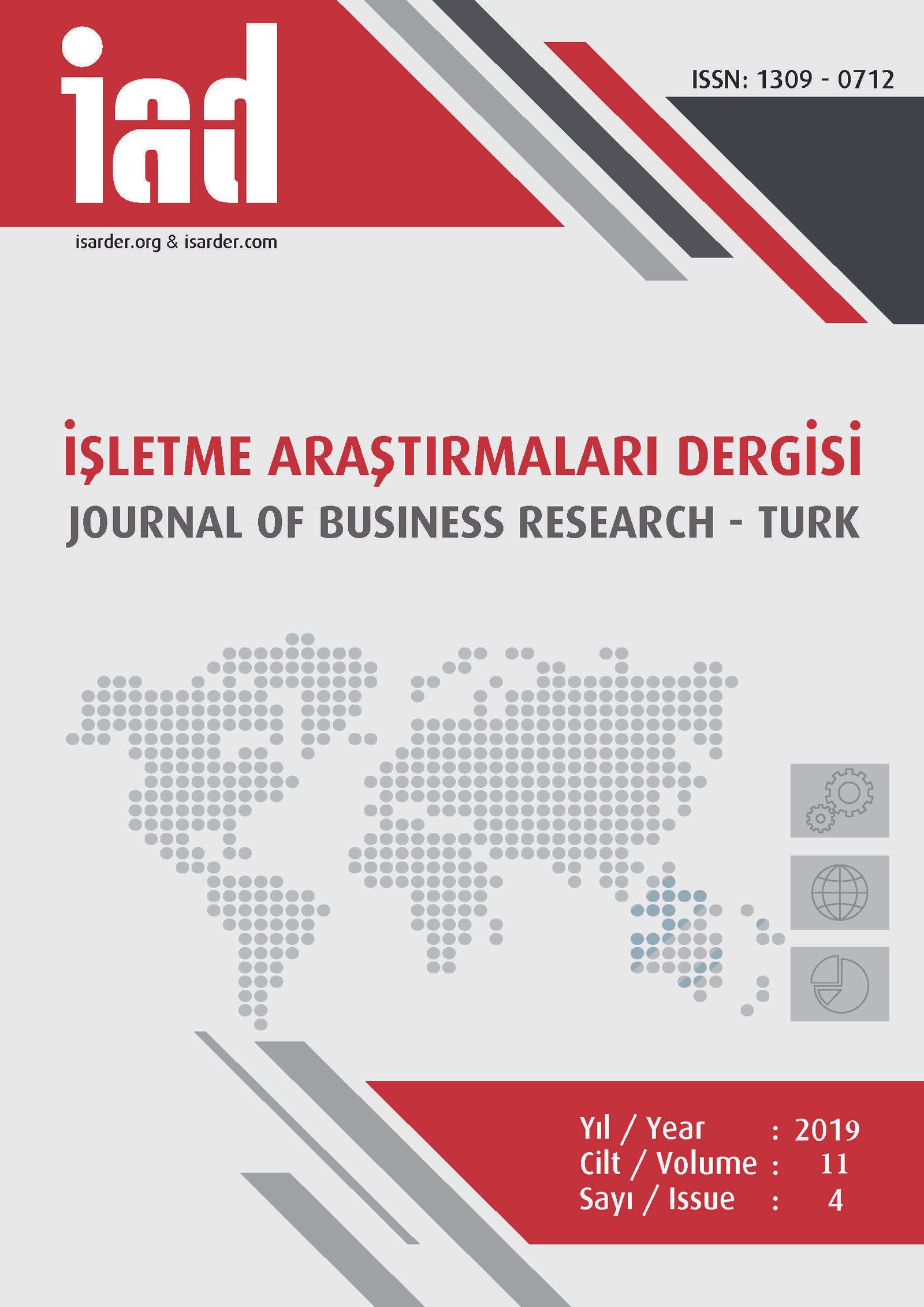Factors Affecting Usage Intention of Mobile Banking: Empirical Evidence from Turkey
Keywords:
Mobile Banking, Trust, Service Quality, Perceived Risk, Perceived BenefitAbstract
Purpose – Even conventional banking transactions were hard to leave for bank cus-tomers, due to the convenience of mobile banking, banking technologies have changed dramatically. Mobile banking technology adoption was late in Turkey; however it showed a much more rapid progress in comparison with developed countries. In this study, it is aimed to examine the effect of trust and service quality on mobile banking usage intention. Also, the effect of usage intention on perceived risk and benefit is in-tended to reveal. Design/methodology/approach – The data is collected from the individuals who benefit from the banking services in Turkey. Bank customers who live in different regions of Turkey constitute the sample of the study. The research data was collected by survey and convenience sampling is used as a sampling method. Structural Equation Modeling has been used as a research method and data were tested in terms of validity and reliability through data confirmatory factor analysis. Results – Research findings revealed that trust and quality factors are highly associ-ated with intention to use mobile banking. Furthermore, intention to use decreases the perceived risk and increases the perceived benefit. Discussion – Banks should pay attention on mobile banking security system to increase the number of mobile banking users. Also, service quality such as ease-of-use, visual appeal and information relevancy helps them to create mobile banking usage intention. Moreover, customers’ mobile banking usage intention has an impact on perceived ben-efit and perceived risk that it lessens perceived risk and increases perceived benefit.
Downloads
Published
How to Cite
Issue
Section
License

This work is licensed under a Creative Commons Attribution-NoDerivatives 4.0 International License.





